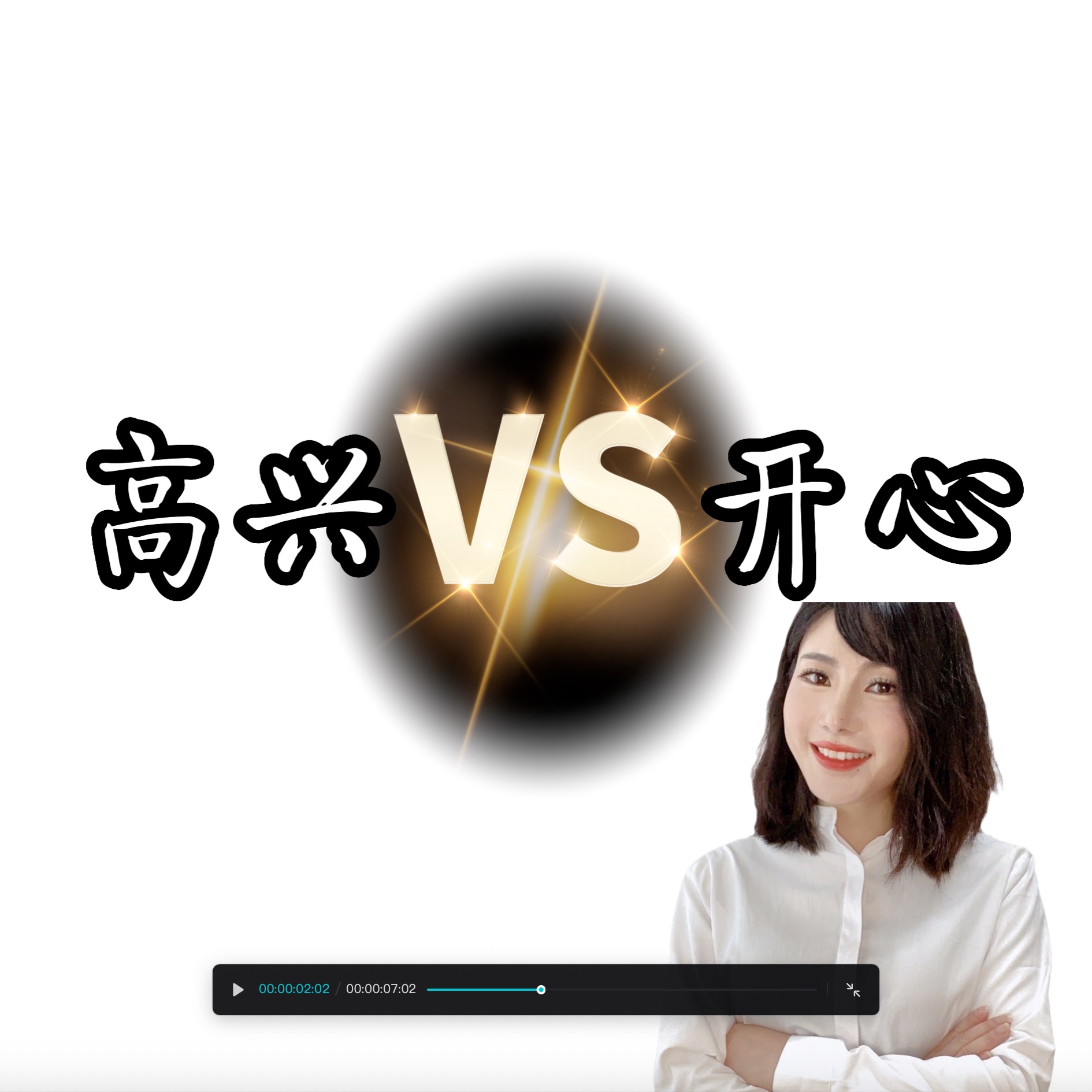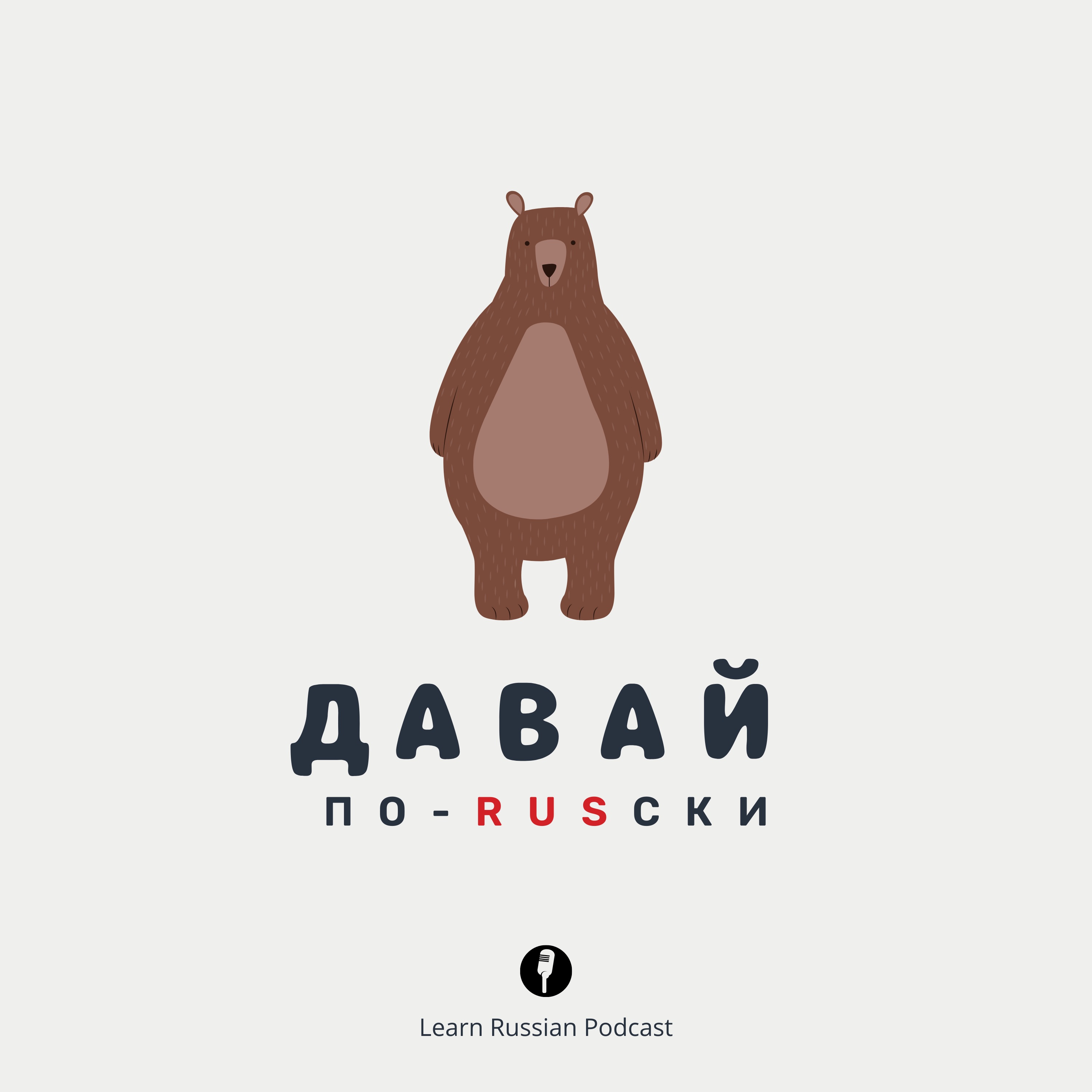Wählen Sie aus verschiedenen Englisch Lehrkräften für ...

会 (huì) VS 可以 (kěyǐ) VS 能 (néng)
Beschreibung
会 (huì) means "to be able to" or "to know how to." It is used to describe a specific skill or ability that someone has. For example:
我会说中文。 (Wǒ huì shuō Zhōngwén.) - I can speak Chinese.
可以 (kěyǐ) means "to be allowed to" or "to have permission to." It is used to describe whether someone is allowed or permitted to do something. For example:
你可以坐这里。 (Nǐ kěyǐ zuò zhèlǐ.) - You are allowed to sit here.
能 (néng) means "to be able to" or "to have the ability to." It is used to describe a general ability or capability that someone has. For example:
我能做这件事。 (Wǒ néng zuò zhè jiàn shì.) - I am able to do this.
In general, 会 is used to describe a specific skill or ability that someone has, while 可以 is used to describe whether someone is allowed or permitted to do something, and 能 is used to describe a general ability or capability that someone has.
Podcast-Kanal
Difference between A and B in Chinese with Shanmei
Autor
Alle Episoden

A Chinese song

Городской транспорт

Mastering Your First Day at Work: Introductions and Job Descriptions in Business English

Talking about certainty in Saudi Arabic

Девушка, которая живёт на берегу озера. Часть 2.

OET Nursing Roleplay 3: Managing Exam Stress and Panic Attacks

〈#91〉7月15日金曜日 オープンバスが走る!

(全中文) 怎么用中文聊电影
Beliebte Episoden

Chinese songs
A Chinese song

Давай по-русски!
Городской транспорт

Business English with Ali
Mastering Your First Day at Work: Introductions and Job Descriptions in Business English

Aprende árabe con Radia
Talking about certainty in Saudi Arabic

Russian stories with Elena Русские истории с Еленой
Девушка, которая живёт на берегу озера. Часть 2.

Kev's English Podcast
OET Nursing Roleplay 3: Managing Exam Stress and Panic Attacks

北海道Hokkaido生活 for Japanese learners
〈#91〉7月15日金曜日 オープンバスが走る!

Chillchat (Learn Chinese and Chill)
(全中文) 怎么用中文聊电影